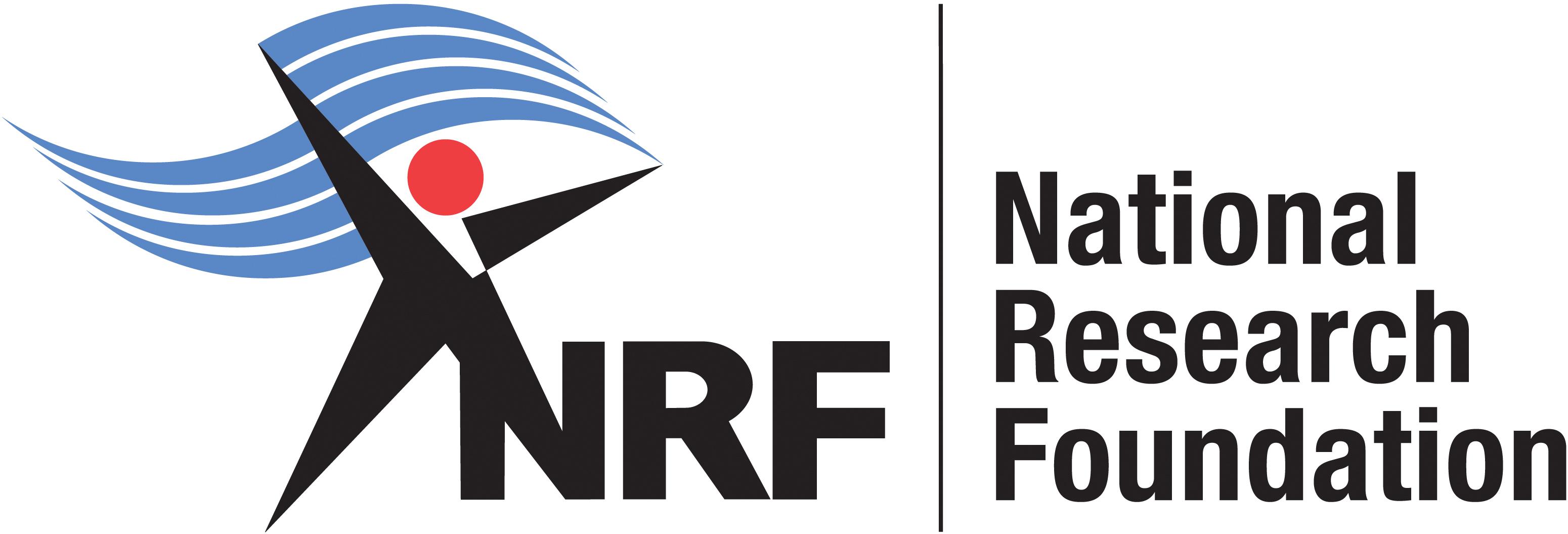









 Dr Hannah Dawson and Dr Isaac Khambule, our grantees funded by the DSI-NRF, through the CoE-Human, explore policies and their effects on low-income households.
Dr Hannah Dawson and Dr Isaac Khambule, our grantees funded by the DSI-NRF, through the CoE-Human, explore policies and their effects on low-income households.
It is our honour to celebrate the launch of Professor Monde Makiwane’s book. In his book, he also examines how the state contributes to the creation of culture and heritage in the Eastern Cape province, highlighting the underlying and multifaceted issues of poverty, unemployment, and the ensuing community resilience in a range of fields, including health and education.Professor Monde Makiwane Prof Monde Makiwane Dr Hannah Dawson Dr Isaac Khambule
In South Africa, September is designated as Heritage Month, with Heritage Day especially observed on September 24. South Africans commemorate this day by honoring the rich cultural diversity that makes up the country’s population. Numerous activities are held across the nation to mark this day.
The Case of the Eastern Cape Province, South Africa
Monde currently serves as a director for the independent research firm MBMak (Pty) LTD. Additionally, Monde is a C3 rated scientist by the National Research Foundation. He was an Extraordinary Professor at the Walter Sisulu University and an Honorary Associate Professor at the University of Witwatersrand’s Center of Excellence in Human Development. He published his book:
The Case of the Eastern Cape Province, South Africa.”
The book brings together different perspectives and realities of the post-apartheid Eastern Cape to provide an in-depth exploration of the developmental dilemmas that the province faces.



The book launch took place on 22 September 2022, at the Wits Resource Centre, School of Public Health, in Parktown, South Africa. After 25 years of democracy, this book offers insightful reflections on developmental sustainability, with an emphasis on sociological and demographic realities in the areas of migration and its effects on families. Since the start of colonization in Southern Africa, the province of the Eastern Cape has emerged as the cradle of African resistance against colonial tyranny. Moreover, it was rated as South Africa’s poorest province. “When everyone is talking about Eastern Cape, they always talk about poverty. Poverty has always been associated with the Eastern Cape” says Makiwane. He believes that things are not getting better – “we thought that with the onset of democracy things will be progressing, becoming better and better, but it seems things are getting worse every day”.
The book also reveals prospects for advancement and, ultimately, a rebirth of social and economic development, but these opportunities are obscured by a plethora of obstacles. “We hope the discussion does not stop here, we hope this is the start of the discussion. We hope policy makers will be interested in the book and discuss it, but most importantly, we must all decide or think how we can do things differently than we have done since the onset of democracy” says Makiwane in closing.
“Reflections of from the Margins: Complexities, Transitions and Developmental Challenges:Prof Monde Makiwane
Ntombizonke A. Gumede is a research scientist at the Africa Health Research Institute (AHRI), Social Science and Research Ethics and a Doctoral candidate at the Department of Anthropology and Sociology of the University of Western Cape. Before joining AHRI, she was a PhD researcher in the HSRCs Human and Social Develop research programme in Pretoria. She holds a Master’s degree in Social Science in sociology (narrative study of lives) from the University of Free State. Prior to joining the HSRC, she worked as an intern for the National Research Foundation. She was also an academic facilitator responsible for integrating developmental competencies with academic outcomes with a view to equipping students to achieve success in higher education for extended curricula in the Faculty of Humanities, Sociology Department, University of Free State. She has developed and delivered seminars and workshops covering a wide variety of areas related to the family, children, gender, equity and transformation. She has coordinated and managed projects, and is experienced in the design, implementation, and analysis of qualitative and quantitative research. Her areas of research specialisation include issues of the family, sexual and reproductive justice and freedom, participatory action methodologies (quantitative and qualitative), social demography and epidemiology.


In writing this book, Prof Monde worked with these two exceptional women:
A project on the “political and institutional drivers of social policy in South Africa”, led by Dr Hannah Dawson, will culminate in a two-day workshop in November 2022.


The workshop—titled “Crisis, Covid-19, and the politics of a basic income in South Africa” will explore government’s welfare response to the pandemic and the resurgence in BIG activism. If crises are understood as ‘revelatory’ this workshop asks: what has the Covid crisis and the government’s welfare response to it revealed about the state, the political sphere, and the lived realities of the expansion of cash transfers?
The urgency around the BIG discussion in South Africa and elsewhere in the world provides an opportunity to comparatively explore the politics around basic income, and the social, economic and political factors that shape the adoption (or lack thereof) of direct cash transfers, especially along universalist or unconditional lines, into social policy and welfare systems.
Dr Hannah Dawson (and her co-author Dr Liz Fouksman)
have a forthcoming article titled “Redistributive Politics and the Temporalities of Crisis: The Case of Social Protection in South Africa during Covid-19” in a special issue on Global Social Policy on Reconfiguring Labour and Welfare In Emerging Economies of the Global South.
In South Africa, low-income households are generally overrepresented in the informal economy and suffer a vicious cycle as they are the working poor. This study contributed to the growing body of work on the socioeconomic impact of the pandemic through case studies in two South African municipalities. Most literature on COVID-19 tends to focus on the macroeconomic impact of the pandemic based on national data linked to the Gross Domestic Product, unemployment and poverty levels. Some studies also focus on the governments’ responses to the pandemic and the effectiveness of countercyclical policies on poverty, income and unemployment.
There is an acute need to build on studies focusing on the territorial impact and responses to the pandemic as informed by each locality’s social, political and economic dynamics. This study explored the impact of COVID-19 in South Africa and the responses adopted by local governments.


From both municipalities (96% in KwaDukuza and 100% in eThekwini), the participants highlighted the loss of income as the leading socio-economic impact of the pandemic on their livelihoods. The first stringent lockdown measures (between March and June 2020) were the hardest periods in their livelihoods because of the limited economic activities and a lack of sustained income. The loss of income also meant the loss of employment because the informal sector is their only means of generating an income and contributed to the loss of assets, particularly for those selling perishable goods. Similar trends were also observed in Bangkok, where many informal workers could not make an income during the hardest lockdown periods and struggled to recover their pre-COVID-19 income.
On the livelihood impact of the pandemic on informal workers, over 75% of the participants in KwaDukuza and over 80% in eThekwini struggled to afford to buy food and pay for daily living expenses. Struggles to
pay rent, business premises and employees because of the lack of economic activities due to the lockdown measures were also recorded.
In terms of economic support, most informal workers did not receive financial support from the national government or their respective municipalities. The reliance of the informal sector as an unemployment buffer should be reconsidered after the evidence from the COVID-19 era. There is a need to ensure the informal economy is not left behind in the digital economy. In conclusion, this study found that the COVID-19 pandemic required innovative countercyclical policies to combat the immediate public health risks that forced social distancing and the lockdown of national economic activities. While localised interventions were essential in sanitising public spaces, identifying indigent citizens to receive food parcels and creating safe spaces for the homeless, greater fiscal control of economic responses is needed at the local level.
The precarious nature of the informal economy needs more attention and innovative policies to alleviate pressure on low-income households during pandemics/contractionary periods.
Dr Isaac Khambule

